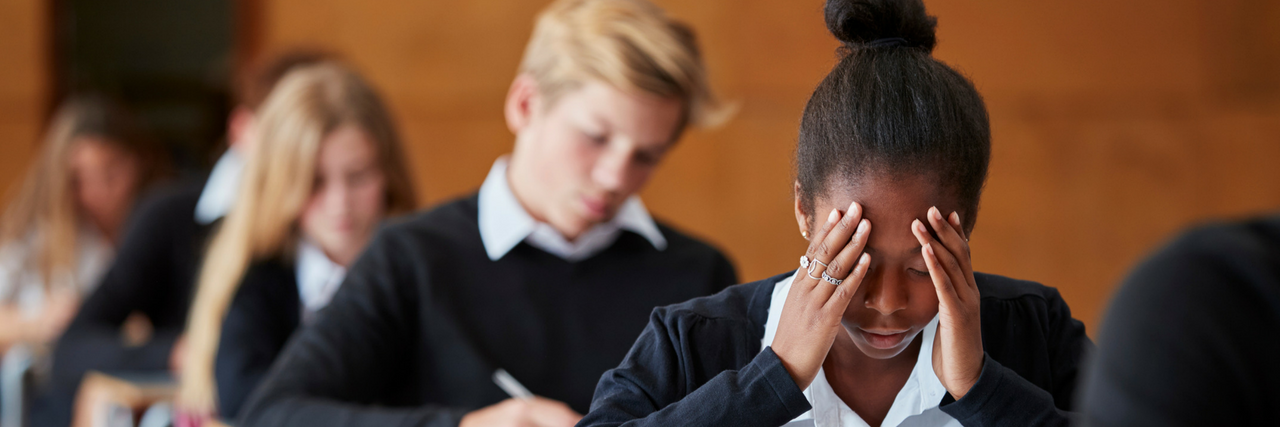A new study in JAMA Pediatrics has revealed an alarming statistic about suicide among black children and adolescents. Suicide among black children ages 5 to 12 is almost two times higher than the rate among white kids of the same age range.
The researchers analyzed data from 2001 to 2015. They found that, overall, white children and adolescents died by suicide at a higher rate than black kids, which is on par with previous findings on race and suicide. The finding that black children are more likely to die by suicide than white children under the age of 13 was new.
“Our findings provide further evidence of a significant age-related racial disparity in childhood suicide and rebut the long-held perception that suicide rates are uniformly higher among white than black individuals in the United States,” the researchers wrote.
Researchers noted this finding could not be explained by recent events such as the economic recession, which hit toward the middle of the data collection’s time period. While the study doesn’t give specific reasons for the finding, the researchers do say further research should explore protective and risk factors among black children as well as prevention and detection methods for black youth.
Quinn Gee, a licensed psychotherapist in Washington D.C., told The Mighty a part of the worrying trend could be related to a lack of representation within the mental health profession. She said that she didn’t know many black therapists until she went looking for them. And even then, there weren’t many black male therapists.
“The assumption is that everyone works from the same model and because you’re a social worker or a therapist you don’t have any kind of bias and you’ll be OK treating a white child, black child, latino child,” Gee said. “That part doesn’t matter because we all have the same ethical background.”
This assumption is related to “color blindness,” or the idea that people “don’t see color” when they look at others. This idea doesn’t recognize the marginalization and discrimination people of color can face. Also, it doesn’t leave room for the importance of representation of people of color in the mental health community and beyond.
This isn’t to say white therapists can’t be helpful. They just can’t relate to some of the cultural characteristics and experiences of a black client. It’s important to have “culturally-competent” therapists, Gee said.
“It’s hard for little black kids to relate to an older white man or white woman therapist,” Gee said. “It comes from just ‘you don’t look like me.’” Gee said that a possible solution to the data found in the study would be to hire more black clinicians, especially black men. It’s hard to open up to someone you’ve never had a conversation with and can’t relate to, she said.
There are a few online resources to help you find a black therapist. Black Therapists Rock provides access to a therapist directory. Therapy for Black Girls also has a therapist directory specifically for black women and girls.
Photo via Getty Images/monkeybusinessimages

